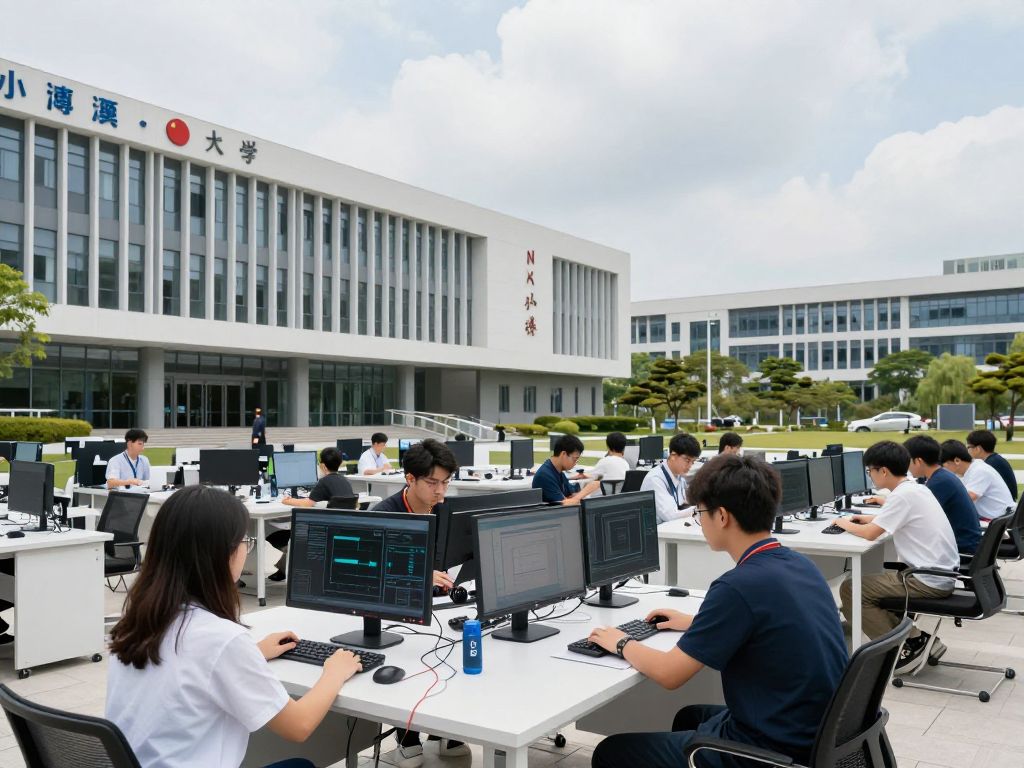News Summary
Arizona is bracing for economic consequences following the U.S. government’s introduction of a 17% tariff on fresh Mexican tomatoes. This decision, stemming from the end of the Tomato Suspension Agreement, is raising alarms among local stakeholders about potential spikes in food prices and job losses. Critics argue the tariff could detrimentally affect grocery and restaurant sectors while supporters claim it’s vital for U.S. farmers. As negotiations continue, Arizona’s tomato trade, worth $3.4 billion, hangs in the balance amid fears of retaliatory actions from Mexico.
Arizona is facing significant economic implications following the U.S. government’s announcement of a 17% tariff on most fresh Mexican tomatoes. This decision comes after the termination of the Tomato Suspension Agreement, a long-standing regulatory framework governing tomato imports between the United States and Mexico. As a result, many local stakeholders are expressing deep concern over the potential impact on food prices and employment within the state.
The tariff aims to protect the declining U.S. tomato industry by encouraging consumers to buy more domestically produced tomatoes. Proponents argue that this measure will support American farmers who have struggled against what they see as unfair trade practices. However, there is rising opposition to the policy, with critics warning it would lead to increased prices for consumers, particularly impacting grocery, food manufacturing, and restaurant sectors. The Tomato Suspension Agreement had previously helped maintain a balance in the tomato market, ensuring stable pricing and supply.
Arizona is anticipated to be the second most affected state, after Texas, due to a sharp decline in tomato imports. In Nogales, the mayor expressed strong disapproval of the tariff, labeling it as “detrimental.” The local economy in Nogales heavily relies on the tomato trade, with the mayor stating that the entire city’s economic well-being hinges on this market. Estimates by local business authorities indicate that around 70% of the U.S. tomato market operates through cross-border trade with Mexico, constituting an economic activity of approximately $3.4 billion and supporting around 22,000 jobs in Arizona alone.
The new tariff is projected to push retail tomato prices up by roughly 8.5% to 10%, which would have a ripple effect across various products including tomato paste and salsas. Concerned parties emphasize that these increased costs could also lead to significant price hikes for consumers in general. U.S. Secretary of Commerce stated that the tariff aims to defend American farmers who have been adversely affected by lower-priced imports being offered by Mexican suppliers.
Opposition to the tariffs includes key political figures in Arizona, such as Governor Katie Hobbs, who raised alarms regarding the threat to over 50,000 agribusiness jobs across Arizona and Texas. A study conducted by Texas A&M projected that approximately $8.33 billion in economic activity is at stake, raising fears of job losses and increased operational costs for local businesses and restaurants alike.
As negotiations and trade policies evolve, major players such as NatureSweet, a significant tomato producer, are beginning to experience the repercussions of the shifting trade landscape. The company may face higher production costs as they adapt to the new tariffs. Additionally, various business leaders and organizations within Arizona have vocally opposed the tariff, stressing the need to maintain a consistent supply of tomatoes which are integral to their operations.
There is also concern regarding potential retaliation from Mexico, which could impose tariffs on various U.S. agricultural exports, further complicating trade relations. The Florida Tomato Exchange has welcomed the new tariff, advocating for it as a protective measure for domestic growers against lower-priced imports. However, in Arizona, the response from local business authorities continues to highlight the urgent need for stable trade conditions to protect both economic interests and consumer prices, with calls for the reinstatement of the Tomato Suspension Agreement gaining momentum among various industry stakeholders.
Overall, the implementation of the 17% tariff is poised to reshape the agricultural landscape in Arizona, impacting prices, jobs, and economic stability amid a broader conversation about trade policy and its effects on local communities.
Deeper Dive: News & Info About This Topic
- Gila Herald
- Fox 10 Phoenix
- Arizona Capitol Times
- Havasu News
- ABC 15
- Wikipedia: Tariff
- Google Search: Tomato tariffs Arizona
- Google Scholar: Tomato tariffs Arizona
- Encyclopedia Britannica: Tariff
- Google News: Tomato tariffs Arizona

Author: STAFF HERE PHOENIX WRITER
The PHOENIX STAFF WRITER represents the experienced team at HEREPhoenix.com, your go-to source for actionable local news and information in Phoenix, Maricopa County, and beyond. Specializing in "news you can use," we cover essential topics like product reviews for personal and business needs, local business directories, politics, real estate trends, neighborhood insights, and state news affecting the area—with deep expertise drawn from years of dedicated reporting and strong community input, including local press releases and business updates. We deliver top reporting on high-value events such as the Waste Management Phoenix Open, Cactus League Spring Training, and Arizona State Fair. Our coverage extends to key organizations like the Greater Phoenix Chamber of Commerce and Visit Phoenix, plus leading businesses in technology and healthcare that power the local economy such as Intel and Banner Health. As part of the broader HERE network, including HERETucson.com, we provide comprehensive, credible insights into Arizona's dynamic landscape.





